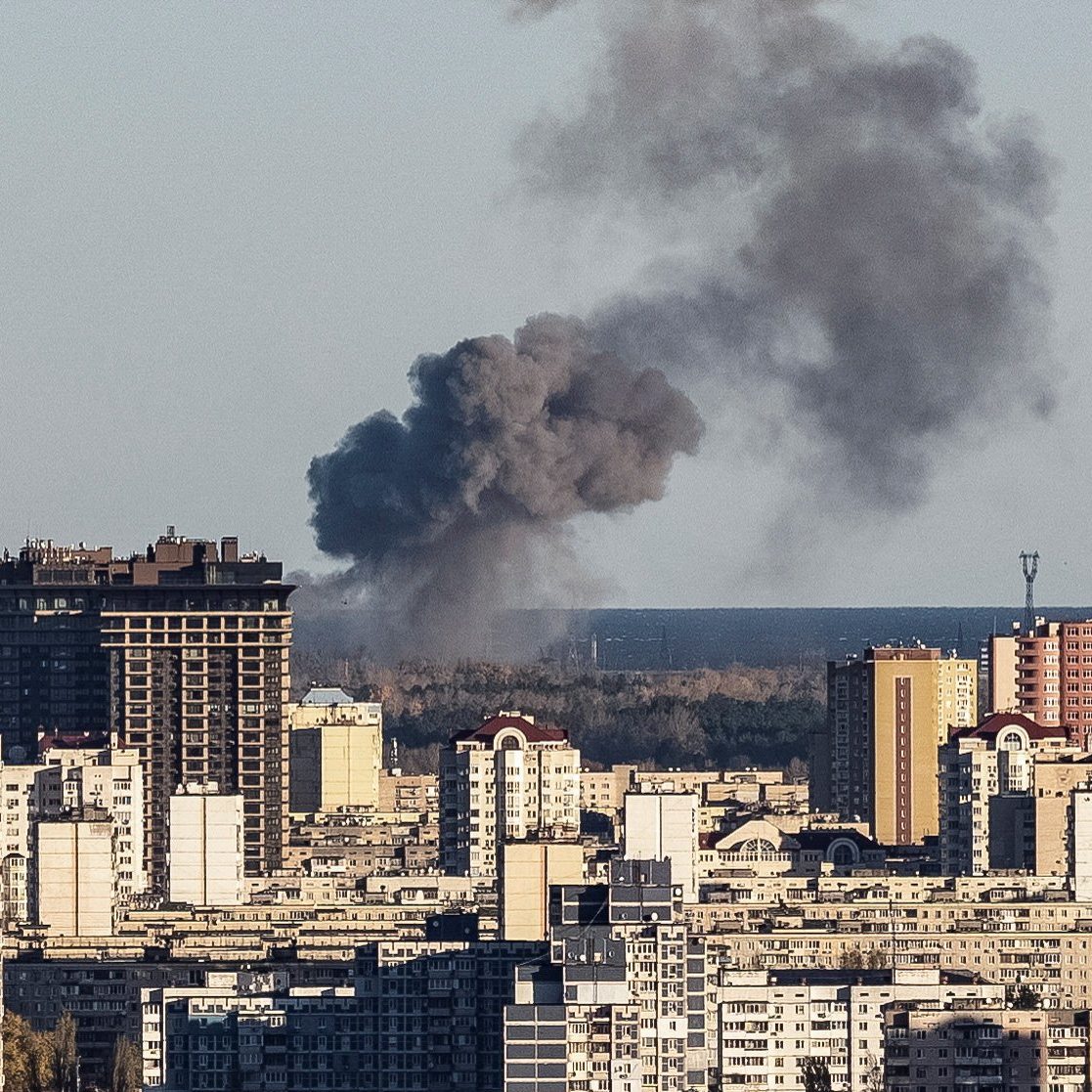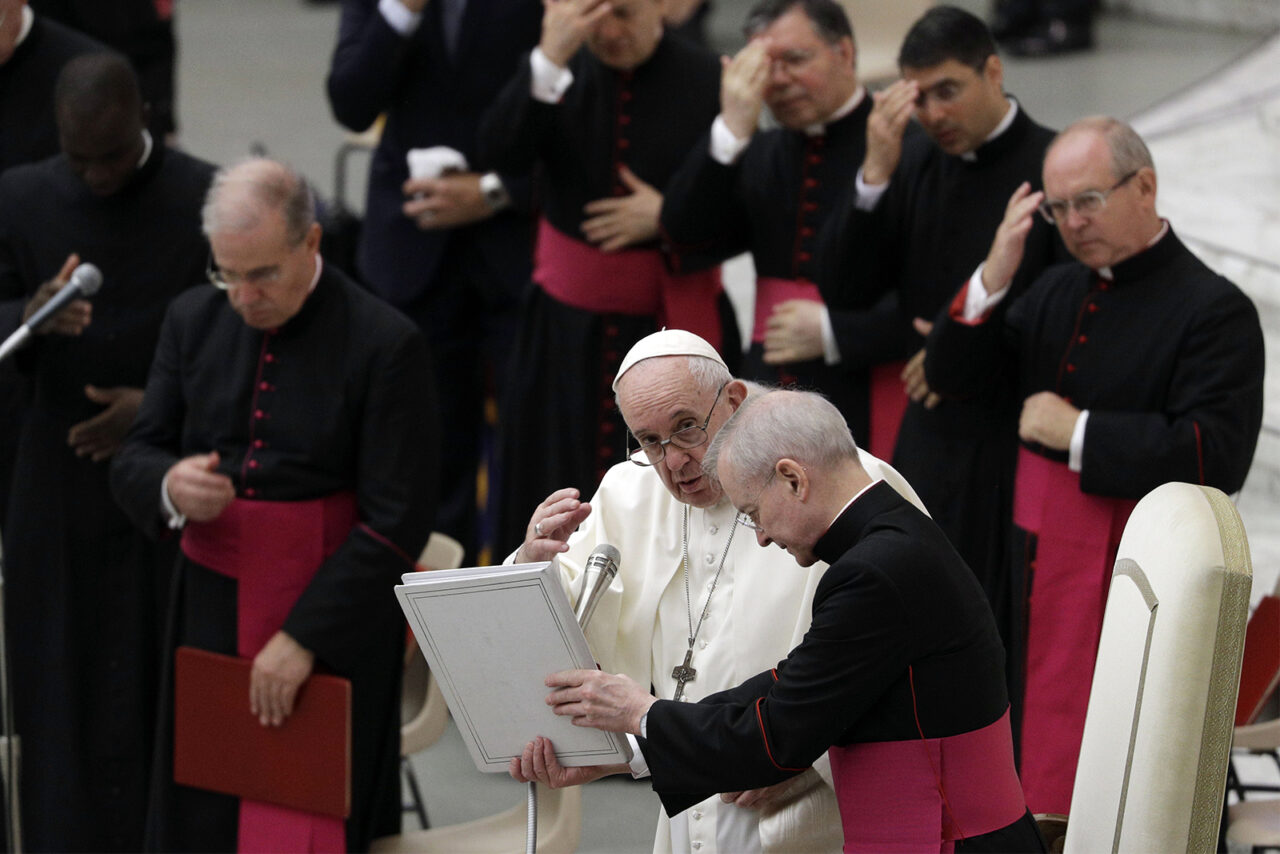Russia's Aerial Assault On Ukraine: US Peace Plan Amidst Deadly Barrage

Table of Contents
Escalation of Russia's Aerial Assault on Ukraine
Russia's air strikes on Ukraine have increased significantly in recent weeks, marking a dangerous escalation of the conflict. This intensified military campaign targets both military and civilian infrastructure, resulting in a catastrophic humanitarian crisis. The strategic bombing campaign employs a range of weapons, including precision-guided missiles, ballistic missiles, and various types of drones, showcasing a sophisticated and brutal military strategy.
-
Increased Frequency and Intensity: Reports indicate a marked increase in the frequency and intensity of Russian air strikes, particularly targeting energy infrastructure. This has led to widespread power outages and disruptions to essential services across Ukraine.
-
Weapon Types and Impact: The use of sophisticated weaponry, including cruise missiles and hypersonic missiles, demonstrates Russia's intent to inflict maximum damage and disrupt Ukraine's ability to defend itself. The impact extends far beyond immediate physical damage, crippling vital systems and harming the civilian population.
-
Targeting of Civilian Infrastructure: A disturbing pattern has emerged of deliberate targeting of civilian infrastructure, including power grids, hospitals, residential areas, and water treatment facilities. These attacks constitute war crimes under international law.
-
Civilian Casualties and Infrastructure Damage: The ongoing barrage has resulted in a staggering number of civilian casualties and widespread destruction of critical infrastructure. Precise figures are difficult to obtain due to the ongoing conflict, but independent organizations are working to document the devastation.
-
Strategic Goals: Experts suggest the intensified assault aims to cripple Ukraine's ability to function as a state, demoralize the population, and ultimately force a favorable outcome for Russia in the ongoing negotiations. This strategic bombing campaign reflects a shift towards a more aggressive and indiscriminate approach.
The US Peace Plan: Key Proposals and Challenges
In response to the escalating conflict and the humanitarian crisis, the United States has proposed a peace initiative aimed at bringing an end to hostilities in Ukraine. This US peace initiative involves complex diplomatic efforts and faces immense challenges. However, it represents a crucial step in seeking a diplomatic solution.
-
Main Points of the Plan: The US plan generally calls for a ceasefire, the withdrawal of Russian troops from occupied territories, and a commitment to resolving territorial disputes through negotiations. Specific details are often kept confidential due to the sensitive nature of ongoing diplomatic efforts.
-
Conditions for a Ceasefire: A key condition for a ceasefire is a mutual agreement to halt all hostilities, including the cessation of Russia's deadly barrage of air strikes. Verification mechanisms are vital for building trust and ensuring compliance with any agreement.
-
Potential Benefits and Drawbacks: The potential benefits of a successful peace plan are enormous, including an end to the bloodshed, the restoration of stability, and the rebuilding of Ukraine. However, the plan faces significant drawbacks, including a lack of trust between the parties and deep-seated disagreements over territorial integrity.
-
International Response: The US peace plan has garnered mixed reactions from the international community. While some nations support the initiative, others remain skeptical of Russia's willingness to comply. Ukraine’s response has been cautious, given past broken promises.
-
Challenges in Implementation: Implementing the plan faces considerable obstacles. The lack of trust between Russia and Ukraine, unresolved territorial disputes, and disagreements over war crime accountability present significant hurdles to a lasting peace. Successful ceasefire negotiations require strong international pressure and credible guarantees.
International Response and Global Implications
The ongoing conflict in Ukraine and the devastating aerial assault by Russia have triggered significant international reactions and far-reaching global implications.
-
Reactions of Key International Players: NATO allies have condemned Russia's actions and provided substantial military and humanitarian assistance to Ukraine. The European Union has imposed sanctions on Russia, and the United Nations has called for an end to hostilities.
-
Impact on Global Energy Markets: The conflict has significantly disrupted global energy markets, leading to increased energy prices and affecting the global economy. Sanctions on Russian energy exports have contributed to this instability.
-
Humanitarian Crisis and Aid Efforts: The ongoing conflict has created a major humanitarian crisis in Ukraine, with millions of people displaced and in need of assistance. International organizations and countries are providing humanitarian aid, but the needs remain vast.
-
Potential for Further Escalation: The risk of further escalation remains high, with concerns about the potential for the conflict to spread beyond Ukraine's borders. The international community is working to prevent a wider conflict.
Analyzing the Effectiveness of the US Peace Plan
The effectiveness of the US peace plan hinges on several crucial factors, and its success is far from guaranteed.
-
Strengths and Weaknesses: The strength of the plan lies in its attempt to create a framework for negotiation and de-escalation. However, its weakness lies in the deep mistrust between the parties involved and the difficulty of achieving verifiable compliance with any ceasefire.
-
Likelihood of Success: The likelihood of success depends heavily on Russia's willingness to engage constructively in negotiations and comply with any agreement reached. The current geopolitical landscape presents significant challenges to the plan's success.
-
Alternative Approaches: Alternative approaches to conflict resolution include enhanced sanctions, increased military support for Ukraine, and a focus on addressing the root causes of the conflict through long-term peacebuilding efforts.
-
Long-Term Consequences: The long-term consequences of the conflict will be profound, impacting regional stability, the global economy, and international relations. Establishing a lasting peace is crucial for avoiding further devastation and promoting long-term stability.
Conclusion
Russia's continued aerial assault on Ukraine is causing immense suffering and destruction. The US peace plan offers a pathway towards de-escalation and a diplomatic solution, but its success is far from guaranteed. The challenges are immense, requiring sustained international pressure, diplomatic engagement, and a commitment from all parties to find common ground. The devastating human cost underscores the urgent need for a peaceful resolution to end this deadly barrage and establish lasting peace in Ukraine. Understanding the complexities of the conflict and the details of the US peace plan is crucial. Stay informed, support peace initiatives, and let's work together to bring an end to Russia's aerial assault on Ukraine and build a future of lasting peace.

Featured Posts
-
 The Papal Conclave A Test Of Pope Franciss Reform Efforts
Apr 22, 2025
The Papal Conclave A Test Of Pope Franciss Reform Efforts
Apr 22, 2025 -
 Over The Counter Birth Control A Post Roe Game Changer
Apr 22, 2025
Over The Counter Birth Control A Post Roe Game Changer
Apr 22, 2025 -
 Hegseth Shared Sensitive Military Information Via Signal Wife And Brother Involved
Apr 22, 2025
Hegseth Shared Sensitive Military Information Via Signal Wife And Brother Involved
Apr 22, 2025 -
 Investors Defy Market Trends A Risky Strategy
Apr 22, 2025
Investors Defy Market Trends A Risky Strategy
Apr 22, 2025 -
 Joint Effort South Sudan And Us To Manage Deportees Return
Apr 22, 2025
Joint Effort South Sudan And Us To Manage Deportees Return
Apr 22, 2025
